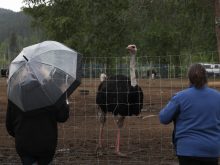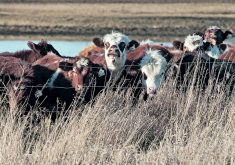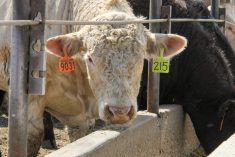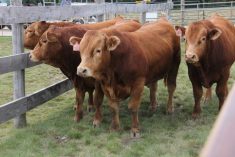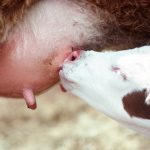Many of British Columbia’s dairy producers can expect to have to dump raw milk for the near future as highways and other roads are rendered impassable.
The B.C. Milk Marketing Board on Tuesday said milk won’t be picked up until further notice in several areas where roads are closed and/or trucks can’t enter the Lower Mainland for delivery.
For farms at Abbotsford and Chilliwack east of Sumas Way, and at Agassiz east of the mudslide at “Mountain Water Harrison Way” (around 2803 Lougheed Hwy.), “roadways are closed and we have no access to your farm,” the board said in a notice to farmers.
Read Also
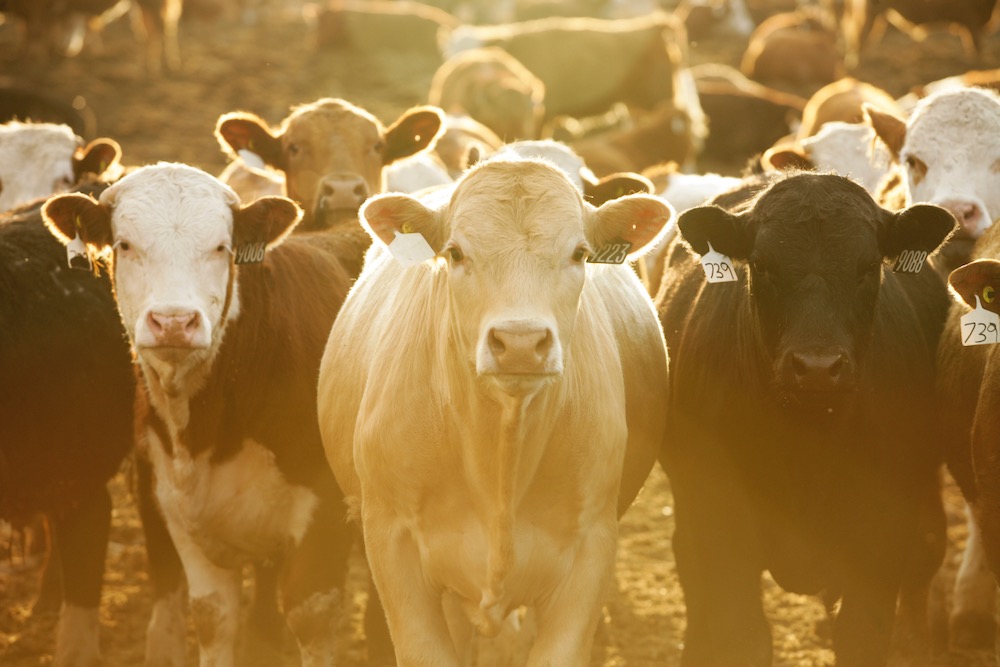
U.S. livestock: Cattle futures drop on Trump call for lower prices
Cattle futures on the Chicago Mercantile Exchange dropped sharply on Wednesday, reacting to comments from United States President Donald Trump…
For all producers in the B.C. Interior and in the Prince George, Bulkley Valley and Smithers areas, milk will not be picked up as no roads are available to enter the Lower Mainland for delivery and access to Alberta is “limited.”
However, pickups will continue for farmers in the Kootenays and the Creston area, “as we can deliver to Alberta,” the board said.
Where pickups are cancelled until further notice, farmers are asked to dispose of milk into manure pits — and to do so in line with their normal milk pickup schedules, until the board has a clearer idea of when pickups can resume. Dipstick readings should be submitted by email before the milk is dumped.
Producers across B.C. can also expect disruption to milk quality sample results and components, the board said. “We will do our best to test whatever possible but are uncertain what is available at this time.” — Glacier FarmMedia Network




